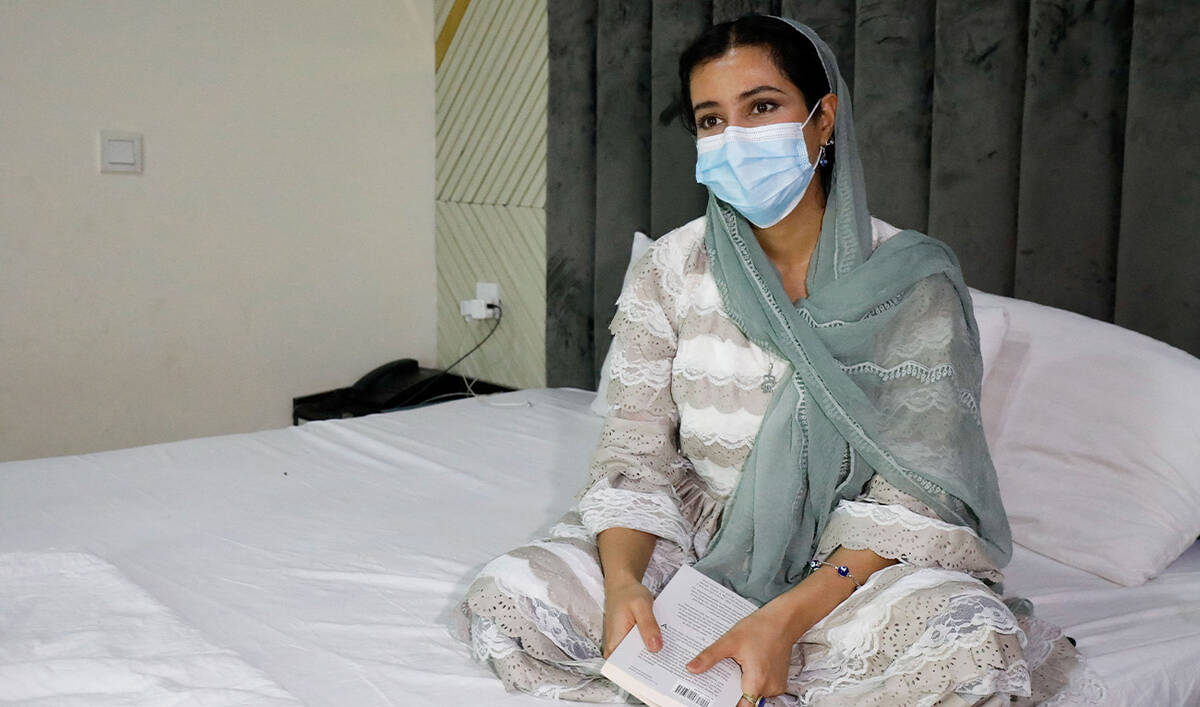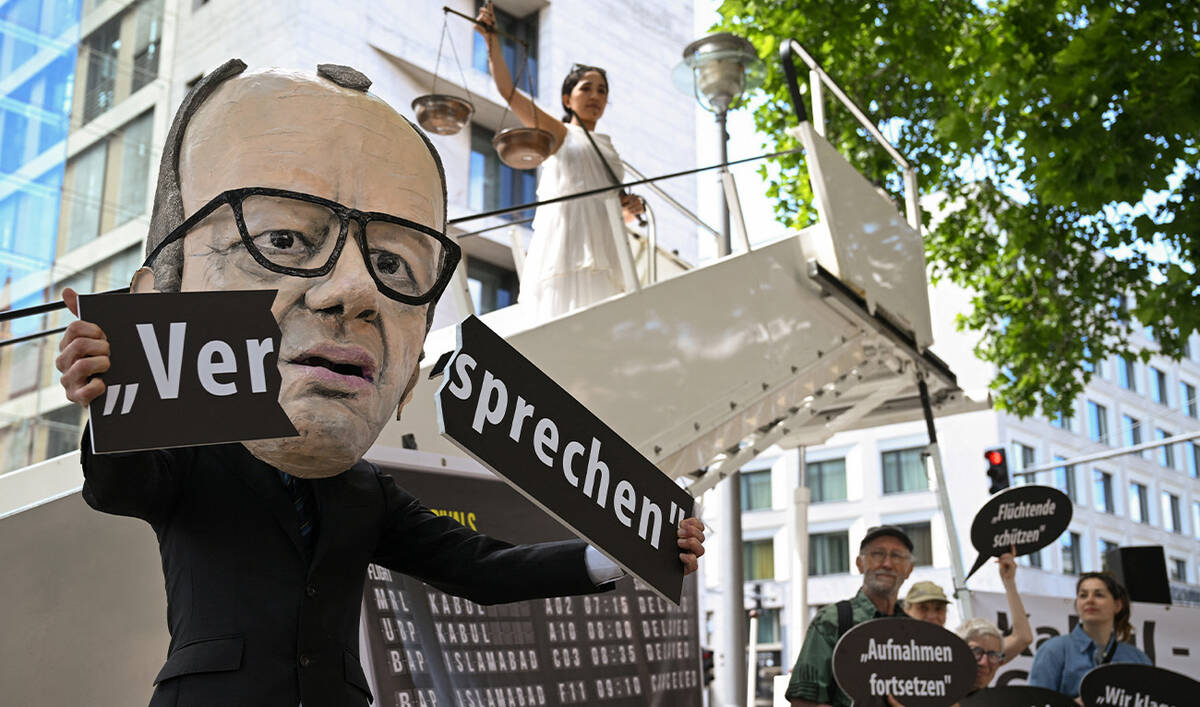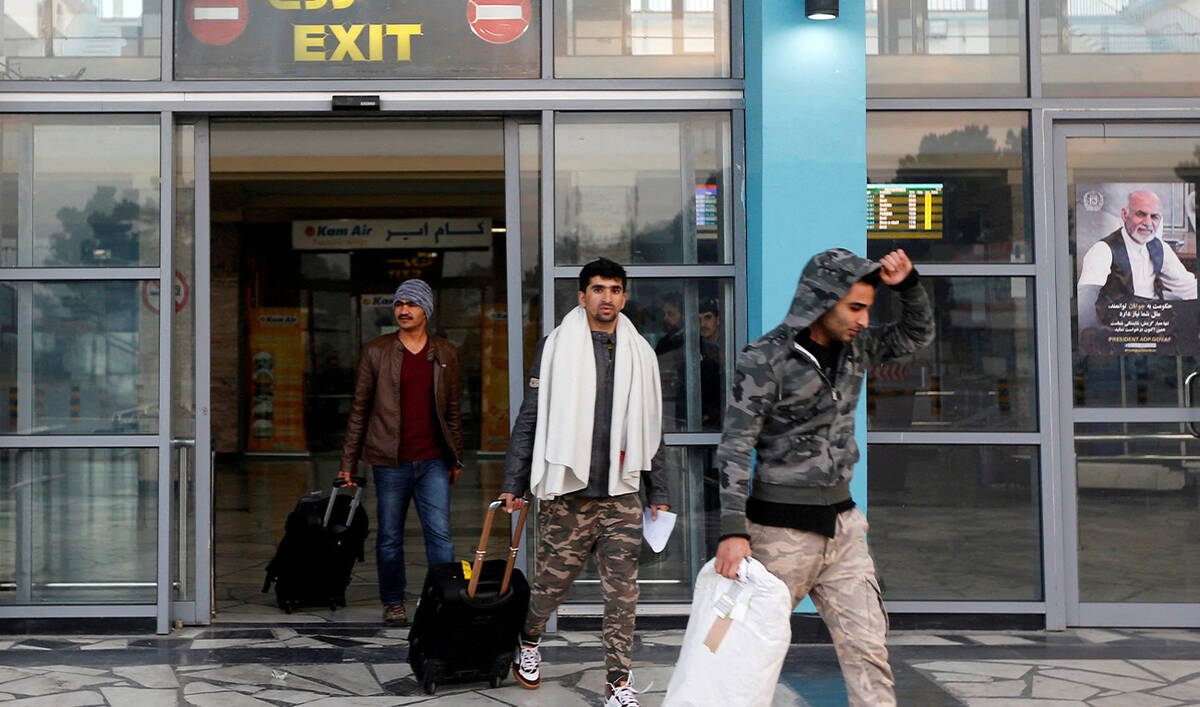KARACHI: Sajida Siddique, a mother of three, finds herself anxiously awaiting a miracle as she navigates the preparations for her son’s wedding against the backdrop of skyrocketing gold prices and unprecedented inflation in the country.
The custom of presenting gold jewelry to newlyweds has deep roots in South Asian societies, including Pakistan, where its absence can stir gossip and judgment since adherence to such norms is often viewed as a reflection of a household’s honor and status.
“Bringing a bride without gold [jewelry] is not considered to be a good sign,” Siddique told Arab News. “It is not even the tradition of our family.”
“Our daughter-in-law will be the honor of our house, and we wish to bring her adorned with gold,” she continued. “Relatives and people talk about these things. So, it is compulsory to bring her adorned with gold ornaments.”
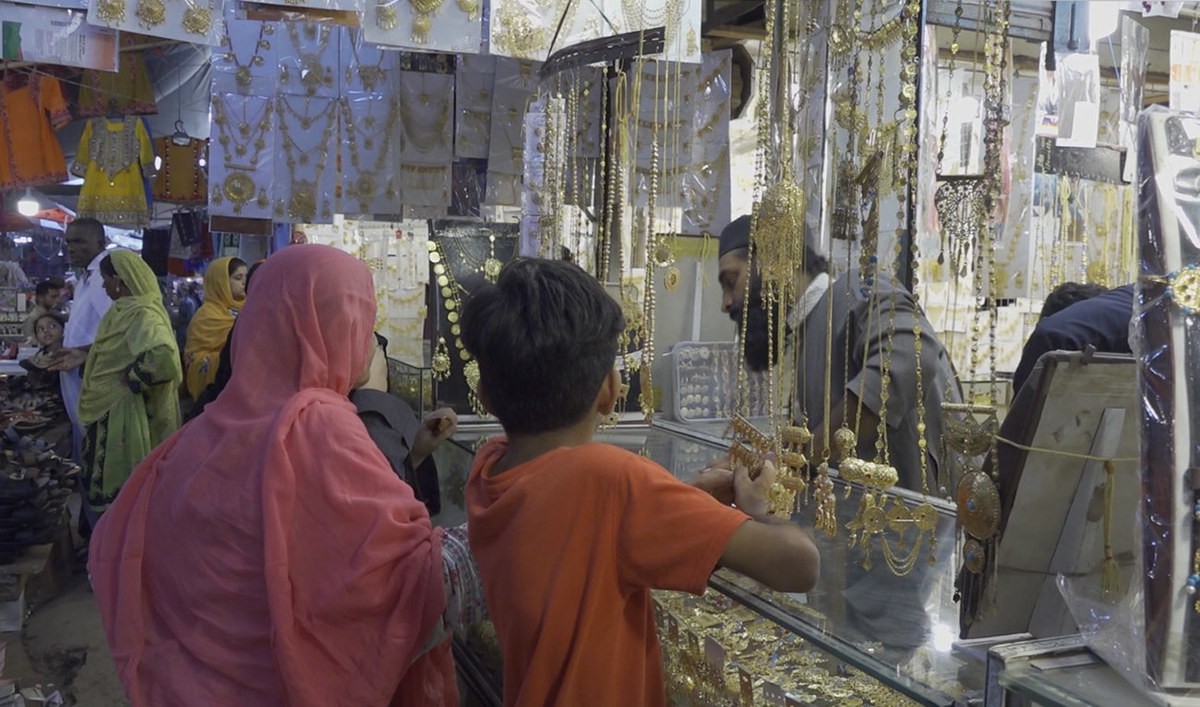
Customers are buying artificial gold jewelry from a shop in Karachi on April 12,2023. (AN Photo)
In Pakistan, this extravagant display of wealth is beginning to lose its luster as the surging gold prices force many families to make compromises on the quantity and quality of the precious metal or seek alternative options.
Currently, gold is being traded in the country at approximately Rs221,500 ($781) per tola, equivalent to 11.66 grams. While the prices have slightly decreased from a historic high of around Rs245,000 per tola in the local market, they remain prohibitively high for financially vulnerable social segments.
Siddique revealed that in the past, she had gifted her two daughters around five tolas each, but the prevailing prices now were far beyond her means.
“When my first daughter was married in 2021, the gold price was Rs105,000, which increased to Rs140,000 when the second daughter got married in 2022,” she said.
“Now at the time of my son’s wedding, the prices have shot up to about Rs240,000, making things too difficult,” she continued. “We can’t sleep and pray to Allah to help us bring the bride home with gold adornments in an honorable way.”
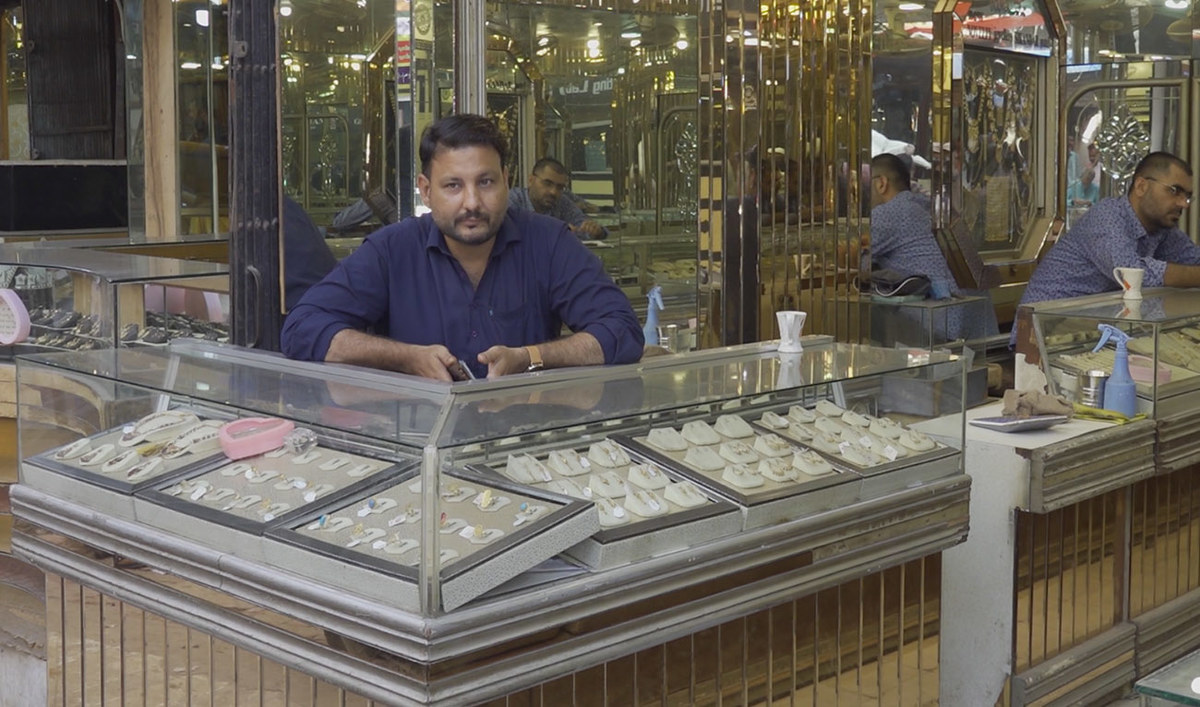
A salesman is waiting for customer at a gold shop in Karachi’s Kharadar bullion market on April 12, 2023. (AN photo)
Pakistan is currently experiencing its highest-ever inflation rate, which reached 38 percent in May and was primarily driven by increases in food and energy prices.
The prevailing economic situation, coupled with high prices, has severely impacted almost every sector of the economy, including the gold business, which heavily relies on weddings and old social traditions. As a result, Pakistan’s growth rate has slowed down to 0.29 percent.
“I have been associated with this business for the last 50 years, and I have never seen such a situation before,” Muhammad Saleem, a 62-year-old gold merchant, told Arab News. “In the past, there used to be a huge rush of buyers at our shops. But now the situation has changed so much that it has become even difficult to sell a gold ring.”
Some traders said they had lost about 85 percent of their business due to the higher prices of gold and declining purchasing power of people.
“People have no savings these days to buy gold and have started giving old jewelry to children,” Muhammad Junaid, the joint secretary of All Pakistan Gems and Jewelers Association, told Arab News in the old city quarters near the Kharadar neighborhood of Karachi.
“Our sales have dropped by 80 to 85 percent,” he said while pointing toward the market. “Just take a look at this place. All shopkeepers are sitting vacant.”
Junaid mentioned that a portion of their current sales comes from individuals who have been investing in gold as a means of future savings, given the uncertain economic situation in the country.
Another gold trader, Arif Soni, highlighted that people have discovered innovative ways to conceal their affordability concerns when purchasing jewelry these days.
“Sometimes they come up with their old jewelry, and sometimes they buy only two tolas and tell us to spread it in a way that it looks somewhere close to 10 tolas,” he said. “People are left with only two options [under the circumstances]. They can either buy food or gold. Obviously, they settle for the first option.”
Some gold traders said they had experienced around a 90 percent decrease in their business due to the current economic situation, which was exacerbated by massive currency devaluation and high inflation.
“Gold business has declined by 90 to 95 percent since [the Muslim fasting month of] Ramadan,” Abdullah Abdul Razzaq Chaand, vice president of the Jewelers Welfare Association, told Arab News.
“The reasons behind the decline in our business include increasing gold rates, [economic] uncertainty, and inflation,” he said, adding: “The five to 10 percent of our remaining business is surviving because of the customers who bring their old jewelry either for polishing or stone and pearl changes.”
Many of those who have completely succumbed to the high inflationary pressure have started taking solace in artificial jewelry, which has largely filled the demand gap, according to traders.
“Our sales have increased by around 75 percent since last year,” Abdul Aziz Barai, a trader of artificial jewelry, said while speaking to Arab News. “Those who are unable to afford come to us since artificial jewelry is a cheap alternative for gold, which is beyond the access of many.”
With fixed incomes and mounting prices of most essential commodities, the country’s salaried class has emerged as the first victim of the current economic meltdown. Siddique says marrying off her son is beginning to feel like an uphill task while staying within her meager family income.






